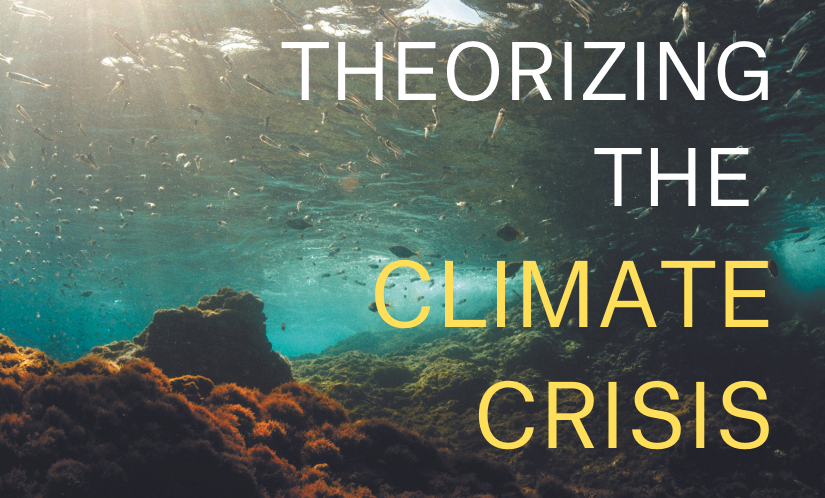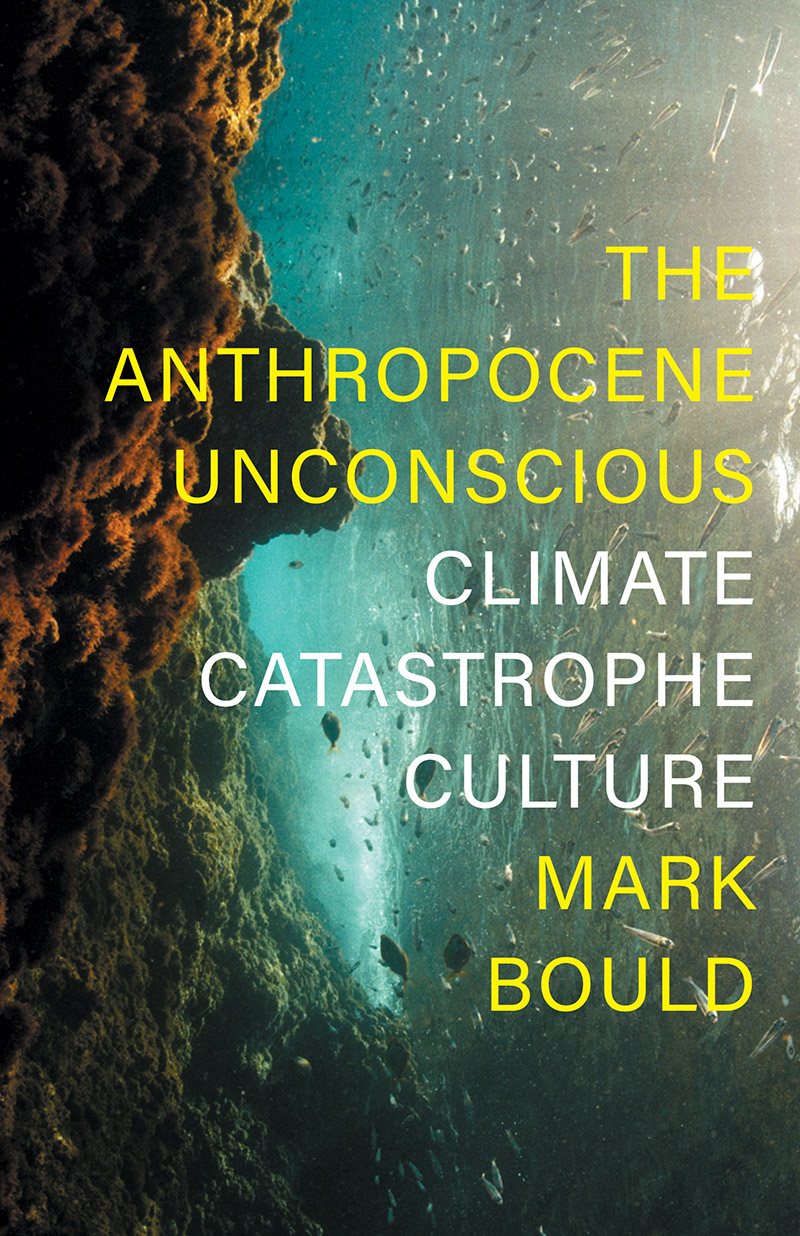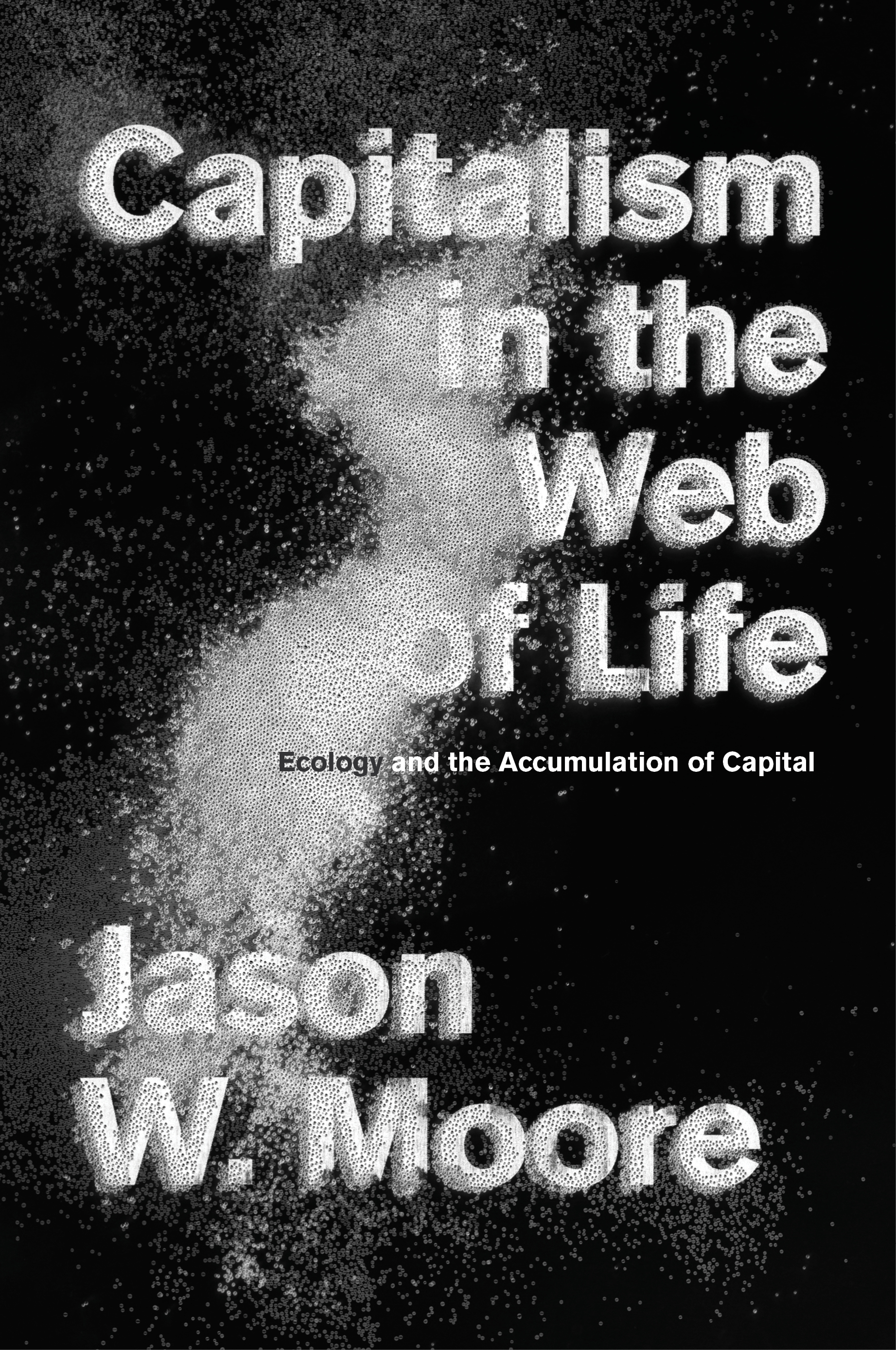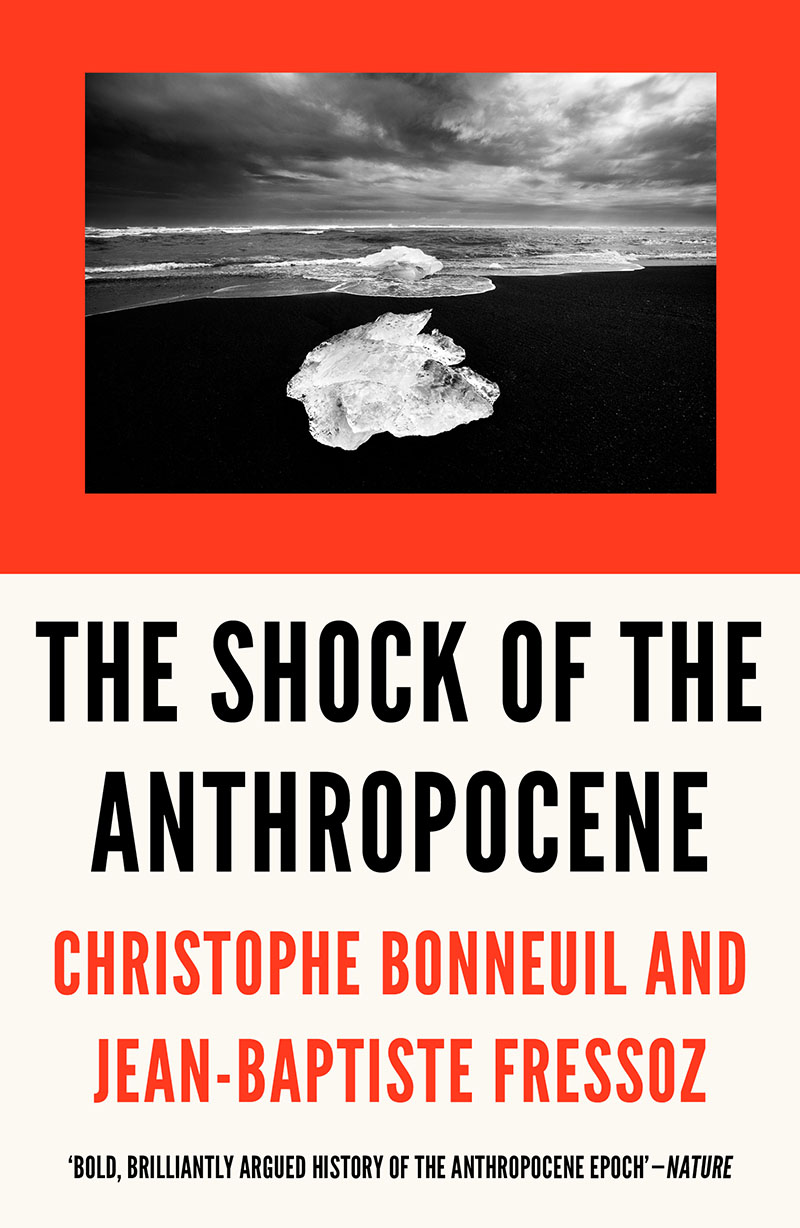Theorizing the Climate Crisis

Every year, debates around strategy and climate activism are sharpened as the effects of global warming become ever more apparent. But the strategic debates around climate politics are underpinned by less obvious differences in theory. The readings below grapple with how we ought to theorize the climate crisis, which concepts are most useful in understanding the current predicament, and how different ways of thinking inevitably lead to different political options for transformative change.
In the end, winning the climate struggle will require an internationalist approach based on planetary working-class solidarity.
Economic growth isn’t working, and it cannot be made to work. Offering a counter-history of how economic growth emerged in the context of colonialism, fossil-fueled industrialization, and capitalist modernity, The Future Is Degrowth argues that the ideology of growth conceals the rising inequalities and ecological destructions associated with capitalism, and points to desirable alternatives to it.
Mainstream approaches to the crisis assume that hyper-consumerism in the Global North can continue unabated. It can’t. Instead, we must plan new energy systems, large-scale rewilding, and food production for the common good.
Test out the strategies proposed in this book in a video game format at play.half.earth
In this lyrical manifesto, noted climate scholar (and saboteur of SUV tires and coal mines) Andreas Malm makes an impassioned call for the climate movement to escalate its tactics in the face of ecological collapse. We need, he argues, to force fossil fuel extraction to stop—with our actions, with our bodies, and by defusing and destroying its tools. We need, in short, to start blowing up some oil pipelines.
Free Resource: An urgent ebook that asks: should we start blowing up pipelines, occupying coal mines, and destroying property to address global climate change? Download it here!
A Planet to Win explores the political potential and concrete first steps of a Green New Deal. It calls for dismantling the fossil fuel industry, building beautiful landscapes of renewable energy, and guaranteeing climate-friendly work, no-carbon housing, and free public transit. And it shows how a Green New Deal in the United States can strengthen climate justice movements worldwide.
To protect the future of life on earth, we need to do more than just reimagine the economy—we have to change everything. One of the seminal thinkers of the program that helped ignite the US Green New Deal campaign, Ann Pettifor explains how we can afford what we can do, and what we need to do, before it is too late.
The fossil fuel industry must come to an end but will not depart willingly; governments must intervene. By embracing a politics of rural-urban coalitions and platform governance, climate advocates can build the political power needed to nationalize the fossil fuel industry and use its resources to draw carbon out of the atmosphere.
Since the 1970s, neoliberal economists have used climate change as an argument for creating more “flexibility” in society, for promoting more market-based solutions to environmental and social questions. This book unveils the political economy of this potent movement, showing how some powerful actors are thriving in the face of dangerous climate change and even making a profit out of it.
In the first study of the far right’s role in the climate crisis, White Skin, Black Fuel presents an eye-opening sweep of a novel political constellation, revealing its deep historical roots. Fossil-fuelled technologies were born steeped in racism. No one loved them more passionately than the classical fascists. Now right-wing forces have risen to the surface, some professing to have the solution—closing borders to save the nation as the climate breaks down.
In the age of environmental breakdown, the political status quo has no answer to the devastating and inequitably distributed consequences of the climate emergency. We urgently need an alternative to bring about the rapid transformation of our social and economic systems. As we rebuild our lives in the wake of Covid-19 and face the challenges of ecological disaster, how can the left win a world fit for life?
Humanity must stop burning fossil fuels within the next thirty years and do so in a way that improves living standards and opportunities for working people. This is the goal of the Green New Deal and, as the authors make clear, it is entirely feasible. Climate change is an emergency that cannot be ignored. This book shows how it can be overcome both politically and economically.
In Corona, Climate, Chronic Emergency, leading environmental thinker, Andreas Malm demands that this war-footing state should be applied on a permanent basis to the ongoing climate front line. He offers proposals on how the climate movement should use this present emergency to make that case. There can be no excuse for inaction any longer.
How climate anxiety permeates our culture, The Anthropocene Unconscious explores a world of fictions that are not directly concerned with climate change but yet cannot escape its gravitational pull.
In this magisterial study, Timothy Mitchell rethinks the history of energy, bringing into his grasp as he does so environmental politics, the struggle for democracy, and the place of the Middle East in the modern world.
In The Concept of Nature in Marx, Alfred Schmidt examines humanity’s relation to the natural world as understood by the great philosopher-economist Karl Marx, who wrote that human beings are ‘part of Nature yet able to stand over against it; and this partial separation from Nature is itself part of their nature’.
Climate Leviathan provides a radical way of thinking about how environmental change will intensify existing challenges to the global order, unearthing the forces for a planetary variation on existing forms of sovereignty.
In Capitalism in the Web of Life, Jason W. Moore argues that the sources of today’s global turbulence have a common cause: capitalism as a way of organizing nature, including human nature.
The Shock of the Anthropocene dissects a new theoretical buzzword and explores paths for living and acting politically in this rapidly developing geological epoch.
In Molecular Red, McKenzie Wark creates philosophical tools for the Anthropocene, our new planetary epoch, in which human and natural forces are so entwined that the future of one determines that of the other.
Planetary Mine rethinks the politics and territoriality of resource extraction, especially as the mining industry becomes reorganized in the form of logistical networks, and East Asian economies emerge as the new pivot of the capitalist world-system.
In this blistering polemic and theoretical manifesto, Andreas Malm develops a powerful argument: in a warming world, nature comes roaring back, and it is more important than ever to distinguish between the natural and the social. Only with a unique agency attributed to humans can resistance become conceivable.
But why did manufacturers turn from traditional sources of power, notably water mills, to an engine fired by coal? Contrary to established views, steam offered neither cheaper nor more abundant energy—but rather superior control of subordinate labour.
Further Reading
Tis the Season to Abolish the Family
Understanding the Cost of Living Crisis
Christianity and Anticapitalism
I Do Not Dream of Labour: books that imagine a different working world
We all live in a country called Capitalism
Imagining Radical Futures: utopian thinking for a different world
Abolition is the only solution: a reading list for breaking police power
10 Books Every Student Should Read














